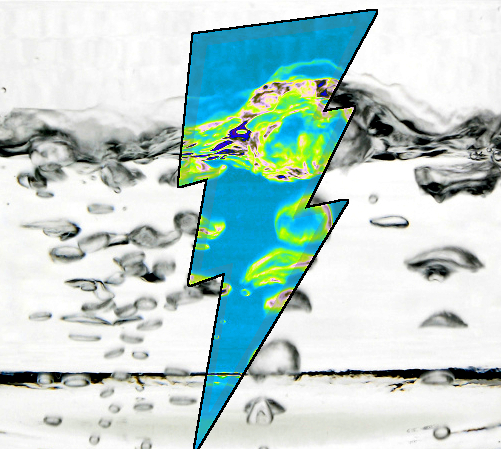Lofty goals for local hydro
 Analysis has found Australian hydrogen export projections have been exaggerated by factor of up to 11.
Analysis has found Australian hydrogen export projections have been exaggerated by factor of up to 11.
Government plans and funding for Australia’s hydrogen industry is based on economic benefits presented in a report by the consulting firm ACIL Allen.
The Australia Institute think tank says import projections in key markets such as Japan and South Korea vastly exceed targets in those countries’ official government strategies.
The institute says ACIL Allen’s hydrogen import projections were 11 times higher than Japan’s official target.
Australia Institute’s climate and energy director, Richie Merzian, said the government is pushing a hydrogen plan based on “highly inflated” figures.
This comes at at a time when the cheapest method of producing hydrogen involves using fossil fuels rather than green energy.
“Exporting hydrogen to the world is a big opportunity for Australia in the future but it needs to be done right, not rushed, and our efforts must be based on facts, not fiction” he said.
“Prematurely establishing a hydrogen export industry based on highly inflated demand figures may lock out the cleanest form of hydrogen, using renewable energy and electrolysis, because the technology isn’t cost-competitive at this stage.”
Australia’s chief scientist, Alan Finkel, has been spruiking the National Hydrogen Strategy, which has been criticised for leaving the door open to using fossil fuels to produce the clean fuel.
He says strategy is focused on a “technology-neutral approach”.
“That’s been the approach that Alan Finkel has taken from the start and whilst it’s not going to happen overnight we do think there’s enormous potential here,” said energy and emissions reduction minister, Angus Taylor.
“We have to establish an industry as we go down this path that is capable of delivering lower emissions hydrogen,” he said.
“It’s very important that we certify any hydrogen that we produce to make very clear what the emissions intensity of it is.
“Customers will, we believe, over time pay more for lower emissions hydrogen and we want to be participating in that opportunity as and when it emerges.”








 Print
Print